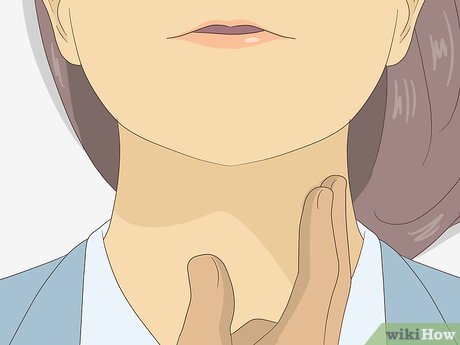What are the best workouts for anxiety according to science?

Exercise has been shown to have numerous benefits for mental health, including the reduction of anxiety. According to science, some of the most effective workouts for managing anxiety are:
Aerobic Exercises: Activities like running, cycling, swimming, and walking have been shown to reduce anxiety. These activities help to release endorphins, which are chemicals in the brain that act as natural painkillers and mood elevators. Aerobic exercise also helps reduce levels of the body’s stress hormones, such as adrenaline and cortisol.
Yoga: Yoga is another effective workout for anxiety. It combines physical postures, breathing exercises, and meditation or relaxation. There is evidence that yoga modifies stress response systems by reducing heart rate, lowering blood pressure, and easing respiration. Additionally, yoga has been shown to increase heart rate variability (HRV), a measure of resilience to stress.
Strength Training: Lifting weights or using resistance bands might not be the first thing that comes to mind when considering anxiety-relief exercises, but strength training can be just as beneficial as aerobic activities. Regular strength training has been shown to improve mood because it reduces symptoms associated with moderate depression and anxiety.
High-Intensity Interval Training (HIIT): This type of workout involves short bursts of intense activity followed by rest periods. HIIT can quickly reduce symptoms of anxiety and increase feelings of wellbeing due to the rapid release of endorphins.
Mindful Movement Exercises: Activities like Tai Chi and Qigong involve sequences of movements combined with a focus on breath control and mindfulness. They have been found to decrease anxiety and stress levels by promoting relaxation and enhancing the regulation of the autonomic nervous system.
Walking in Nature (Green Exercise): Exercising in natural environments has additional benefits for mental health. Research suggests that ‘green exercise’ helps by improving mood and self-esteem while lowering feelings of tension, anger, and depression.
Incorporating these exercises into a regular fitness routine can greatly contribute to managing anxiety. However, it is always important to consult with a healthcare provider before starting any new exercise program, especially for those with pre-existing health conditions or severe anxiety levels.






